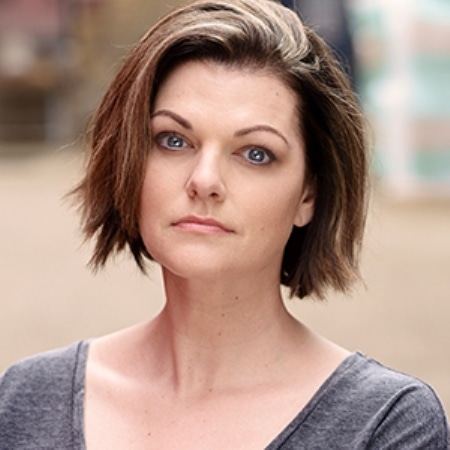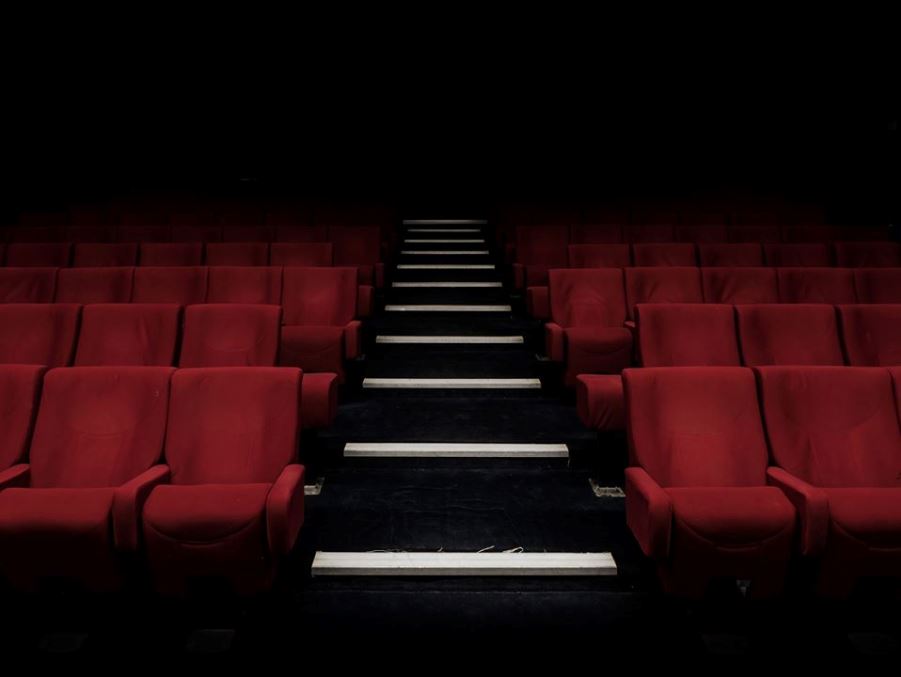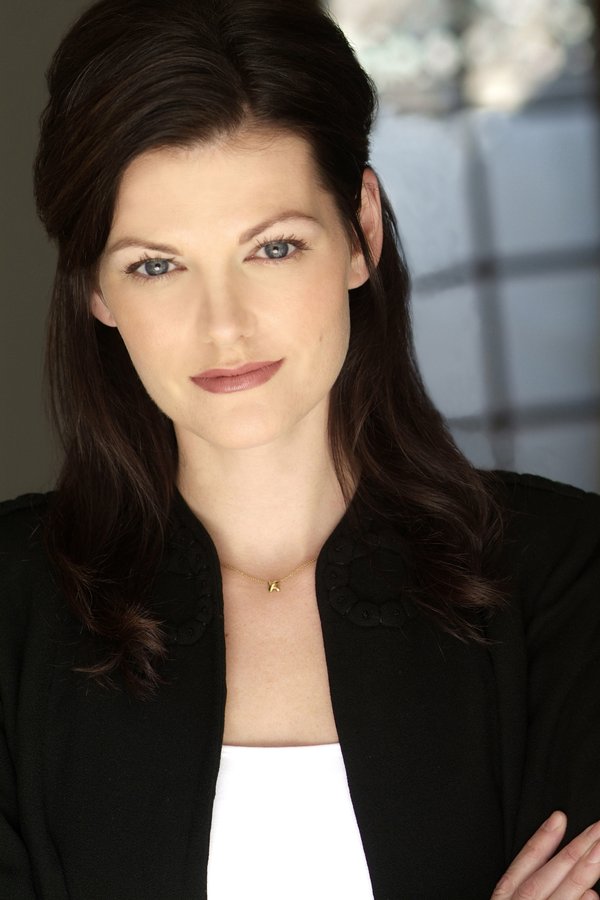Known for her acting on stage and screen in such notable productions as Jekyll & Hyde, Cabaret, and Legally Blonde on Broadway, the national tour of Fun Home, and the 2004 movie thriller The Stepford Wives, Kate Shindle has also been acting on behalf of the New York theater community in her role as President of Actors’ Equity Association (Equity). Elected in May of 2015, Shindle (who also serves as a board member for both The Actors Fund and Broadway Cares/Equity Fights AIDS) is one of only three women and the youngest member ever in the history of the organization (founded in NYC in 1913) to hold the position.
With the mandated closure of live public performances in New York to combat the coronavirus crisis, Shindle’s representation of over 51,000 Equity members has become even more vital, as an overwhelming percentage faces unemployment and the loss of benefits for an indeterminate length of time, and a projected date for the reopening of theaters remains uncertain. In a press conference earlier today, New York Mayor Bill de Blasio extended the shutdown until at least September.
I had the opportunity to chat remotely with Kate this afternoon via Zoom, to discuss the issues she’s been addressing in her tireless dedication and advocacy for the theater community during this unprecedented pandemic.

What have been the main initiatives you’ve championed for Equity since the March 12 shutdown?
Kate: It depends on the day; everything changes day by day. One of the first was making sure that we were communicating with our members as the theaters were shutting down, beginning with Broadway, then seeing a domino effect with Off-Broadway and regional theaters. People didn’t know what to do, so we advised them to contact the offices of the companies they were working with for the latest information.
Then we began negotiating settlements and contracts in New York, and also in the rest of the country, so there’s never a one-size-fits-all approach. We discussed opt-ins to contracts to make archival content available online, with some compensation for the actors and teams that worked on the shows. We also approached the trustees of benefits coverage, so that they didn’t drop off. And for anybody who wants to take action, we’ve launched a Curtain Up Fund for tax-deductible donations.
It’s been a lot, and though I didn’t know at the time that any of this would happen, it’s what I signed up for: to help people.
What have been the most frustrating and the most uplifting responses from the levels of government you’ve approached?
The most frustrating response that anybody can ever get is, “change takes time.” I’m not in my twenties anymore, I’m an adult, and I do understand that things take time, but I’m also seeing the very urgent needs of our people, so we’ve been lobbying in very aggressive and creative ways. Some of our members had contracts they hadn’t started yet and therefore didn’t qualify for unemployment, so we needed a relief package to address that – and it was rewarding. Brandon Lorenz, our national Communications Director, and I were on the phone often with government officials to try to do something, and we know that it’s meant a lot to our members.
In addition to the general concerns, there have also been some pressing individual situations, as is the case with Broadway veteran and Equity member Dan Domenech. Have you had any reply from the CDC about allowing him and the other healthy American cast and entertainment crew members to return home, after being stranded at sea on a cruise ship for nearly two months?
In that kind of situation, it doesn’t matter if the artists are Equity or not; American actors who are healthy are being stranded. It’s important. But there has to be a balance between engaging the public and the press so aggressively as to irritate those with the power to bring them back to land, and letting the CDC do what they need to do. There’s been a lot of attention, so we can respect that, and I hope things progress. We are advocates for them, and it’s great that Dan is such a good example of a union member that he has been looking out for all of the others, not just himself.
[Update: On Day 60, May 9, Dan and the others were allowed to disembark and to return home. He is now safely back in New York.]

Surveys have shown some trepidation on the part of theatergoers to return after the green light has been given to reopen. What can be done to maintain their confidence and interest during this ongoing hiatus?
We have to meet the moment and we have to figure out ways to make it work. We’re leading with a couple of steps. It’s going to be permissible for the cast and crew to go back before the audience, and we first need to make sure that they’re safe. So we hired a consultant – David Michaels, the former administrator of OSHA – to collaborate on how the entire area of the theater can be safe. There’s little chance for social distancing in the theater, even in terms of the actors handing props to each other, or the backstage dressers getting them in and out of costumes. And the theater is one industry in which it’s okay – even expected (in some scenes and shows) – that you kiss your co-worker! These are considerations that have to be addressed.
We also know that people in the audience will be reticent about sharing an armrest, and we respect that; we are advocating for them. We need to seat only part of a house, and we need to go virtual, so that some of the more vulnerable members of the audience and long-time patrons can watch the show at home. Some theaters are considering doing one-person shows, and some are talking about a radical ripping out of seats. But theater-makers need to be in the theater, so we’re discussing solutions and lobbying hard for relief packages and COBRA coverage, which are essential.
Why are the performing arts an integral part of our culture, and why do NYC artists and institutions deserve public and governmental support?
The arts will promote healing and community and culture and all of the things that a civilization should value. I think the arts don’t just represent something to do with leisure time and disposable income, but they’re in the top five sectors of the American economy. Audiences, when they go to the theater, spend additional funds in the surrounding neighborhood, on restaurants, hotels, parking, doormen – they’re all beneficiaries of people going to see a Broadway or Off-Broadway or regional show. We need theater to sustain the community and the economy. It’s not a frivolity; it’s a producer of a lot of jobs, as well as an opportunity for education and culture.

Thank you, Kate, for taking the time to talk and for all that you do in support of the theater.






